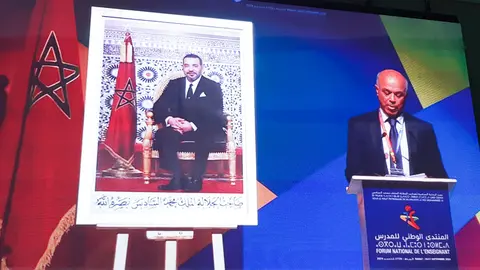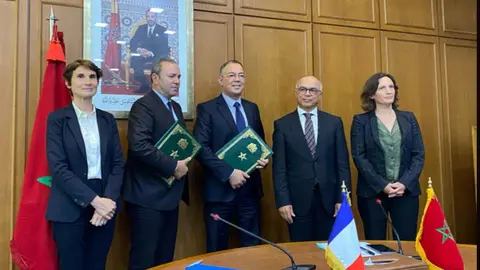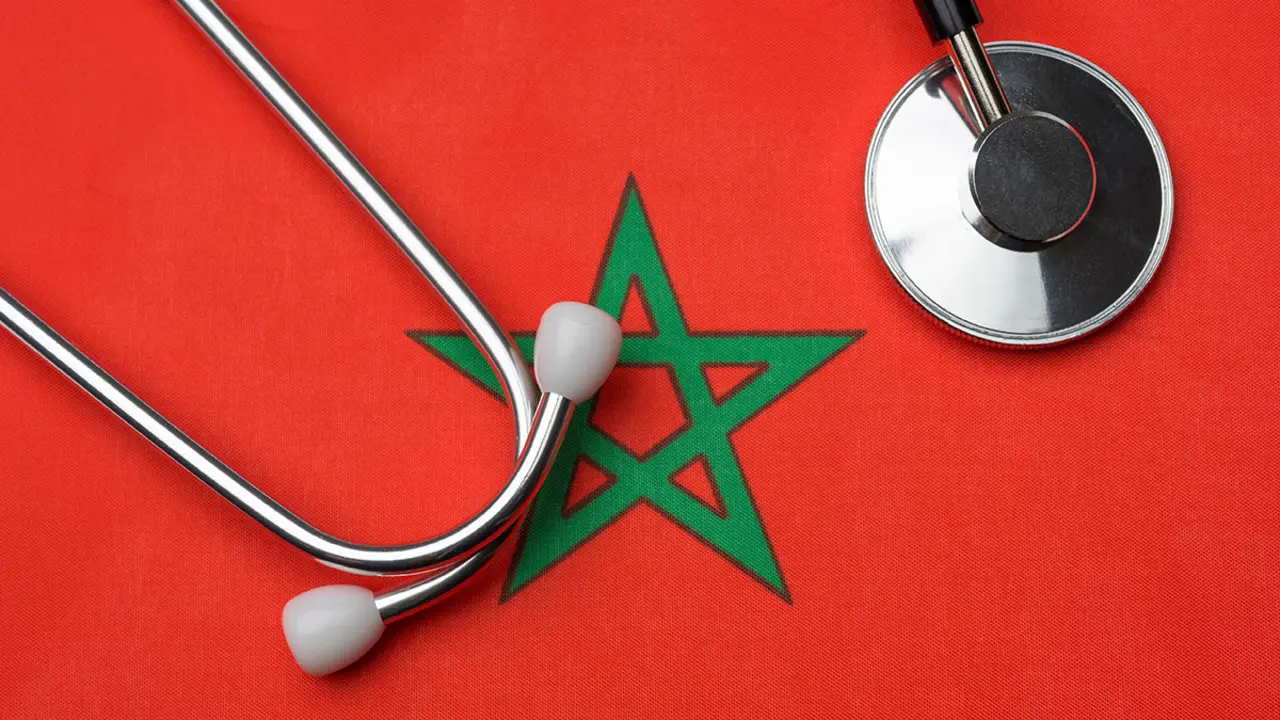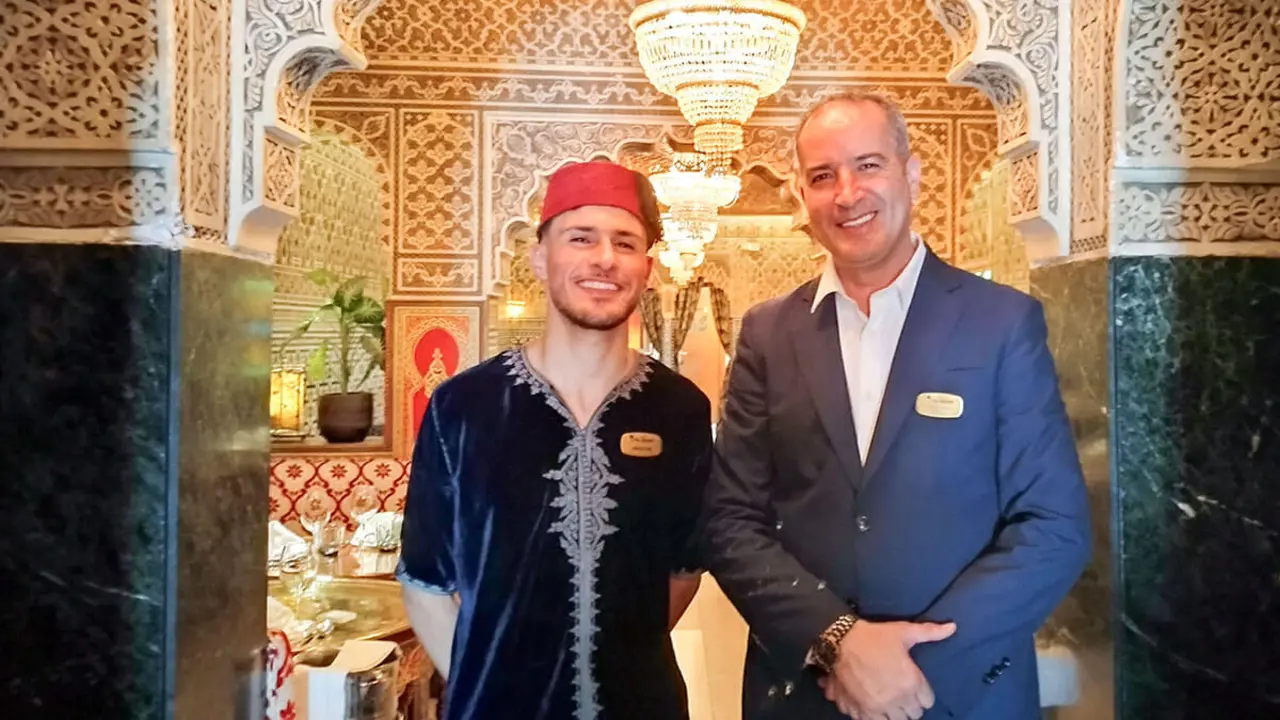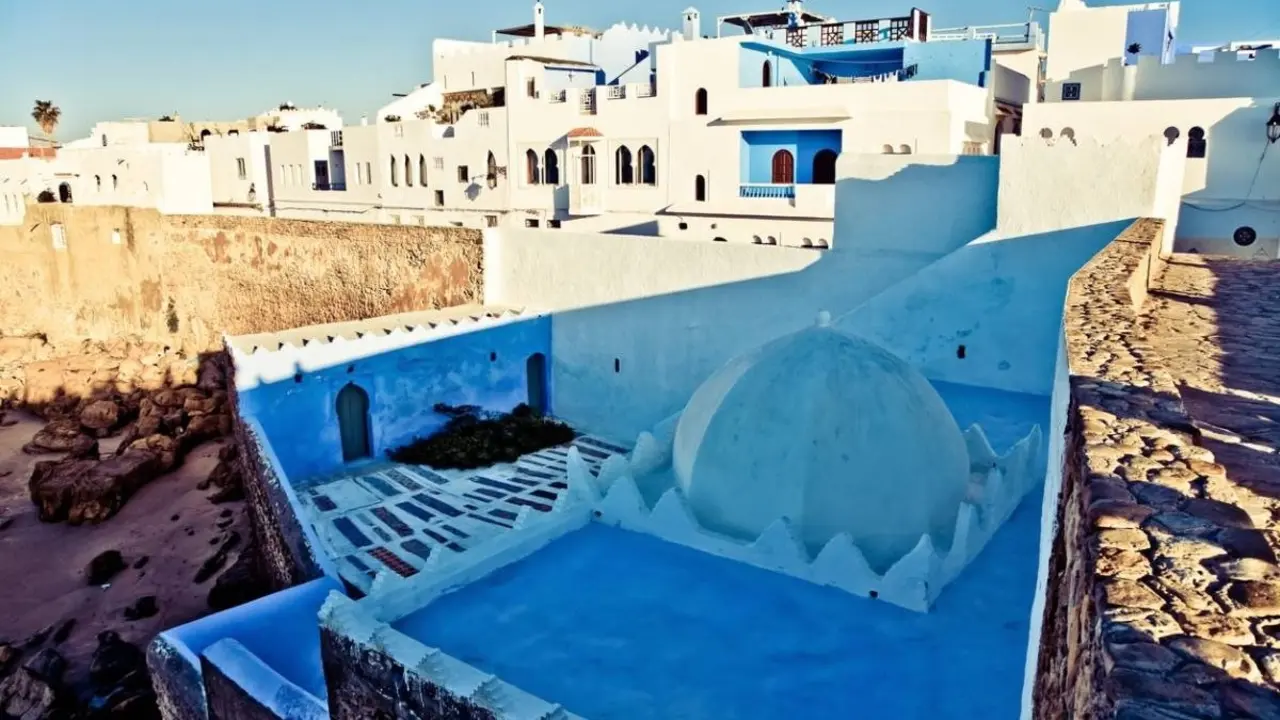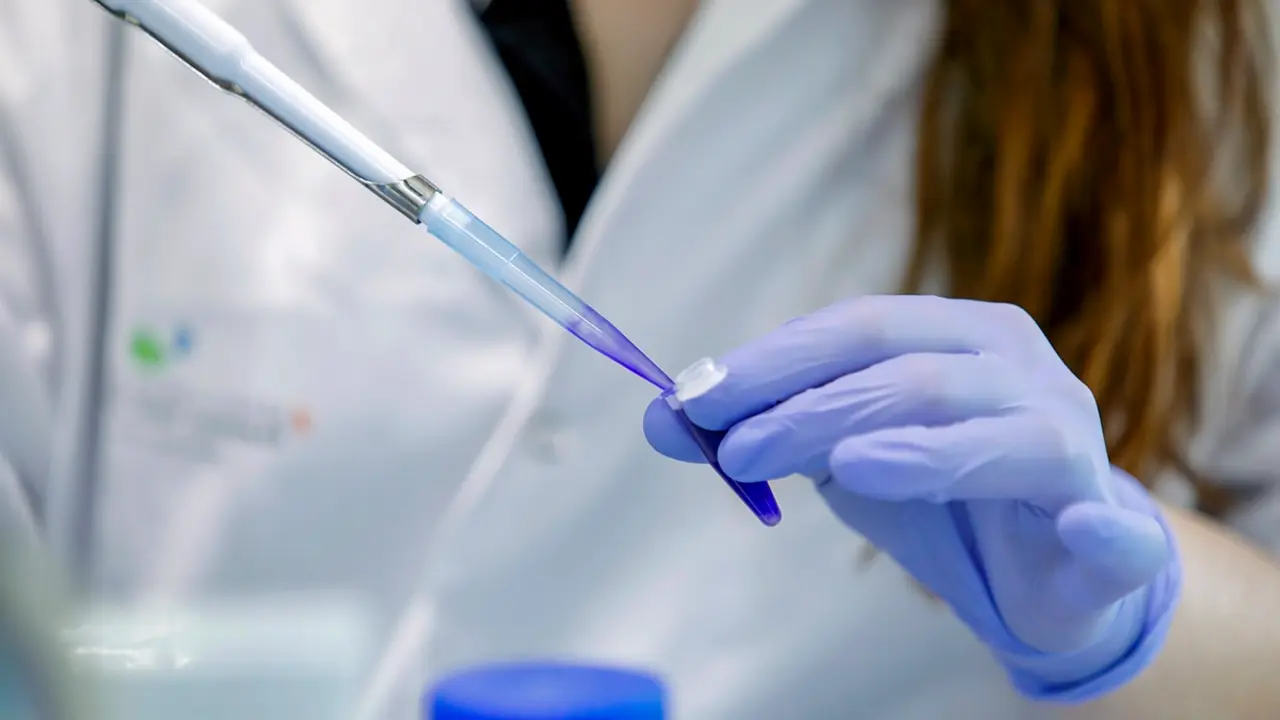ESRI Pact 2030 in action for a new model of Moroccan universities
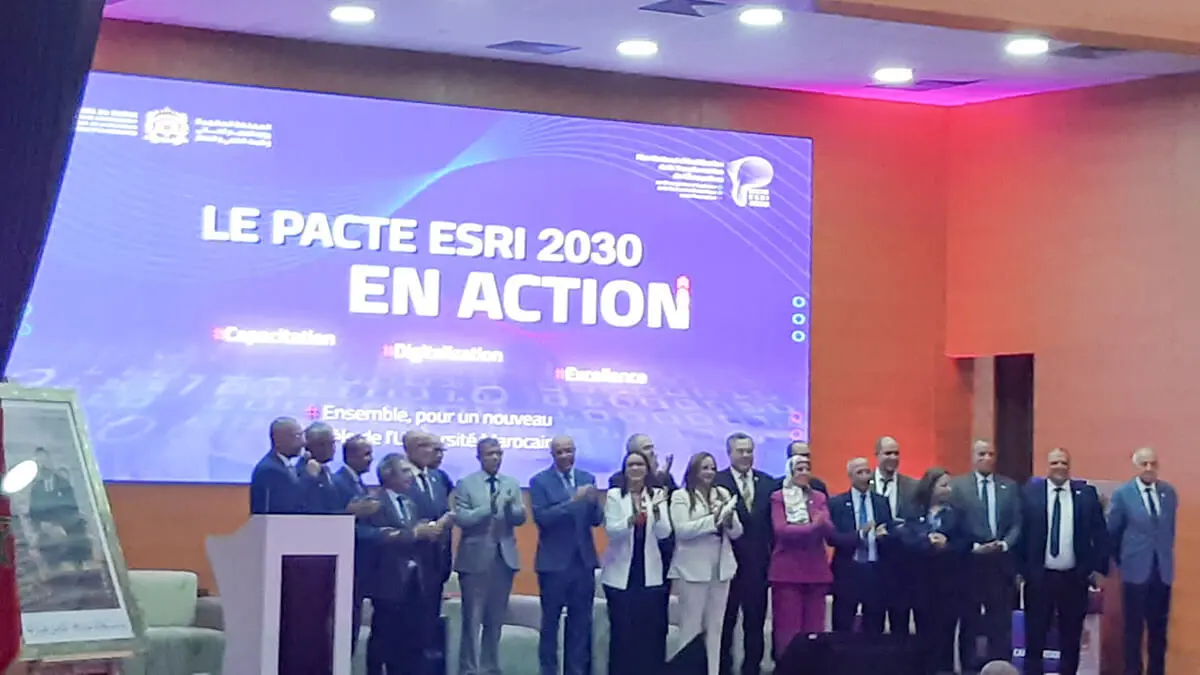
- Training, digitisation and excellence for a multi-hybrid future
- Centres of excellence for student training
- Language learning for cultural diversity
- For university and Code 212: personal development and talent training
The Ministry of Higher Education, Scientific Research and Innovation organised, on Tuesday, October 2, at the Mohammedia School of Engineers in Rabat, a meeting on the National Plan for Accelerating the Transformation of the University Ecosystem, in search of a new modern model of Moroccan public university that meets the needs of the labour market and the challenges of today's world.
The ESRI 2030 pact launched in 2023 reflects the strategic vision of the national higher education reform that aims to restore the value and attractiveness of open access faculties and consolidate their efficient contribution to the professional training and personal development of students who constitute the human capital that the country relies on for its development.
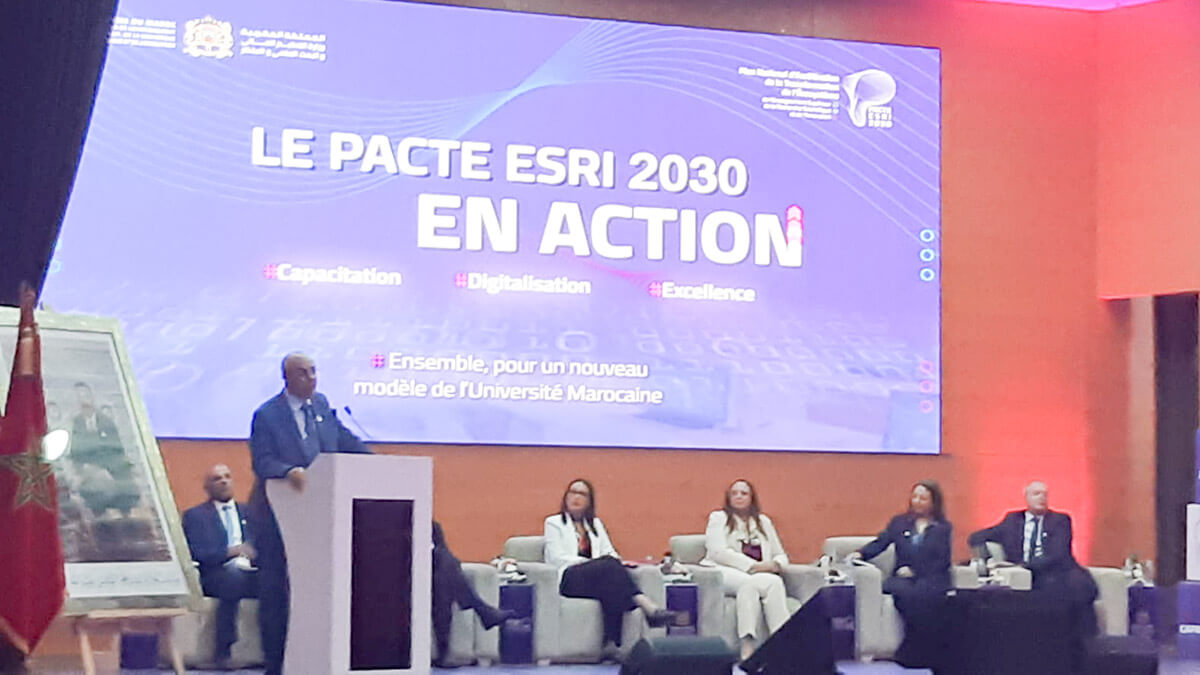
Training, digitisation and excellence for a multi-hybrid future
The Minister of Higher Education, Scientific Research and Innovation, Abdellatif Miraoui, underlined the main objectives of the ESRI 2030 Pact, which aims to empower young Moroccans to be resilient and self-reliant and to make universities a driver of territorial development in the framework of a university-region partnership.
‘We are in the era of the university for life that offers lifelong learning capable of training young people proud of their Moroccan identity, open to the world and able to innovate, solve current problems and meet the challenges of tomorrow,’ Miraoui added, noting that the ESRI 2030 pact creates a new model of the Moroccan university capable of positioning Morocco at the level of pioneering countries with a strong capacity for innovation and high added value in terms of human capital.
The novelty of the ESRI 2030 pact is, according to the Minister of Higher Education, to review the pedagogical programs of the different specialties; introducing new careers (Water, Renewable Energy, Aeronautics, Automotive, Environment, Banking and Finance, Digitalization, Artificial Intelligence, Logistics, Psychology, Sociology, Arts and Culture) in order to offer 1,300,000 students an adapted and diversified training.
Introducing ‘soft skills’ and ‘power skills’ programmes, activities for university students and centres of excellence in the Moroccan university space are also an essential pillar of the pact, alongside digitalisation at the level of administration, pedagogy and communication, and human training, according to global standards, Abdellatif Miraoui pointed out.
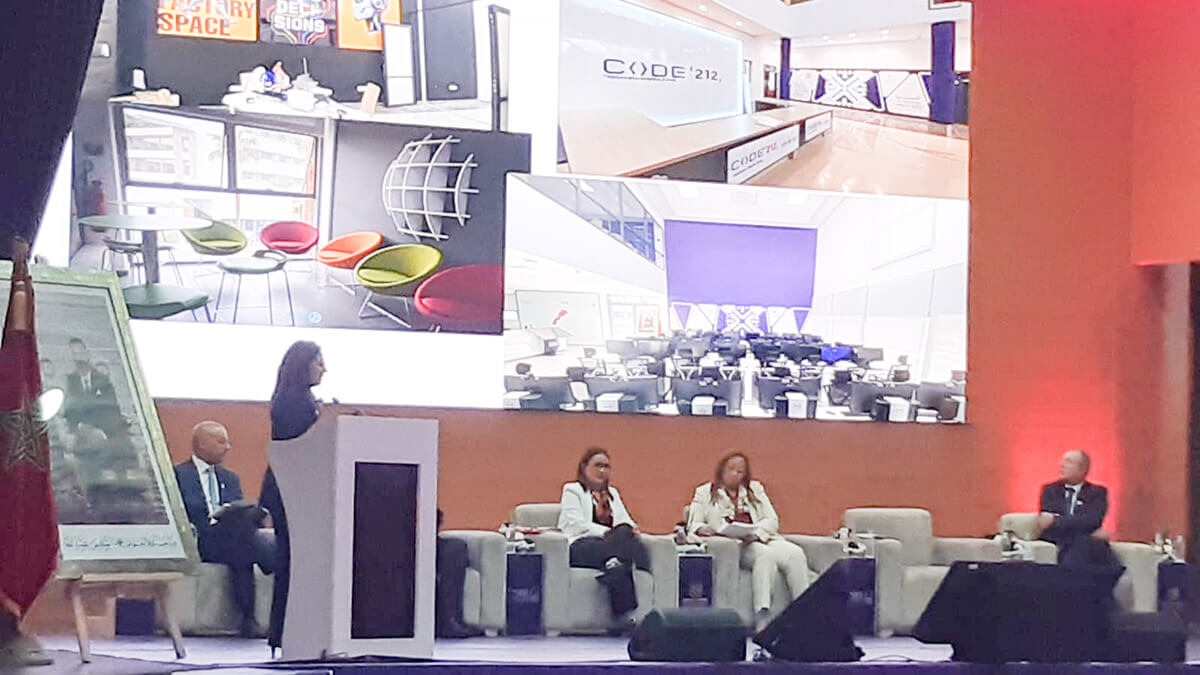
Centres of excellence for student training
Khalid Berrada, Director of Higher Education and Pedagogical Development, in charge of the mission to accompany and monitor the ESRI 2030 Pact, explained the four strategic orientations of the pact, which lie in academic, operational, scientific and para-university excellence in a framework marked by digital transformation.
According to Berrada, these are academic excellence for a university model at the service of graduate training, scientific excellence for research that is in line with international standards and national priorities, and operational excellence for good governance that guarantees responsible autonomy of the ecosystem in the different regions for a competitive and innovative Morocco on the international scene.
‘Adopting an approach of listening, exchange and search for solutions, the ESRI 2030 pact is based on the consolidation of foreign language teaching, the institutionalisation and structuring of activities for universities, the introduction of a training system in ‘soft skills’ and ‘power’ and the creation of the ESRI 2030 Centre for the development of the ‘soft skills’ and ‘power Skills‘ and the creation of the Code 212 Centre,’ Khalid Berrada explained.
Berrada emphasised the importance of the centres of excellence in enhancing the attractiveness of Moroccan universities, consolidating collaboration with professionals, promoting careers of excellence, monitoring, selecting talents and establishing socio-economic partnerships.
In this regard, Berrada mentioned that ‘the creation of these centres of excellence, which number 186 in the various Moroccan universities and offer training for the trades of the future, is due to the need to develop the skills demanded on the labour market and to orient students towards specialised training to improve the employability of graduates’.
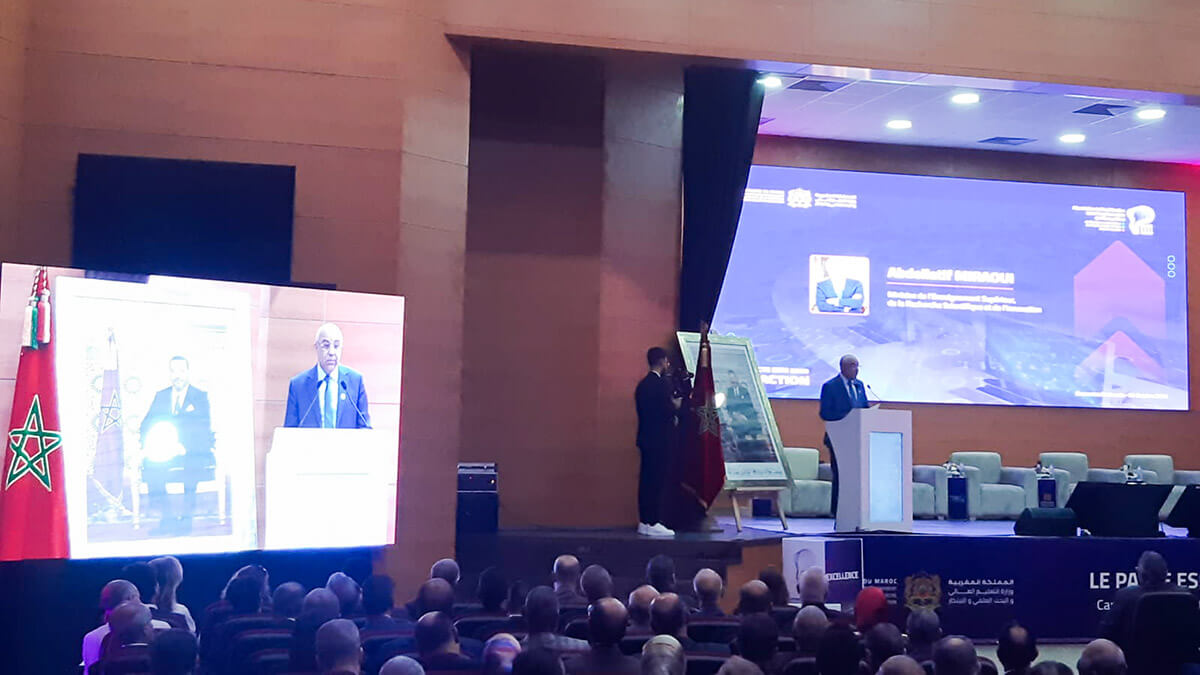
Language learning for cultural diversity
Mohammed Es-skouri, research professor at Cadi Ayyad University in Marrakech, said that ‘language learning is a process of excellence that guarantees the openness of students and the cultural diversity of the university space within the framework of a new dynamic for the teaching of foreign languages through the Rosetta Stone platform’.
Rosetta Stone, which offers a range of 25 foreign languages, is, according to the national official, a platform available to Moroccan students to learn new foreign languages in order to improve the employability of students in an increasingly international job market.
For her part, Meriem Khalil, a research professor at the Faculty of Educational Sciences in charge of the Power Skills dossier in the minister's cabinet, argued that ‘training is the key to this reform which is realised not only with the knowledge of the speciality, but also with language learning and cross-cutting modules and activities for university students’.
‘The aim is to facilitate the successful integration of students into their socio-economic environment, to democratise access to artistic programmes and to form a responsible citizen in an ever-changing world,’ Khalil added.
The researcher stressed that ‘the university course 2024-2025 is distinguished by the launch of the second series of cross-cutting modules that include culture, artistic skills, the history of Morocco in collaboration with the royal archive, the Moroccan musical heritage and culinary heritage of the country’.
For university and Code 212: personal development and talent training
Fatima Zahra Alami, vice-president of the Hassan II University of Casablanca, stressed that ‘the activities for university students are essential components of the ESRI 2030 pact and an essential complement to the student's academic training to improve and develop their personal and professional skills and competences and to give more visibility to Moroccan diplomas’.
In addition to Moodle, the online learning platform, available to bachelor and master students from the second semester, which offers them useful content of cross-cutting modules and digital skills, Mehdia Haddad, director of Information Systems at the Ministry, presented the Code 212 Centre as an achievement of the new national pact.
It is, according to Haddad, an innovative model in which two universities have already enrolled (Ibn Tofail in Kenitra and Ibn Zohr in Agadir) while five are in the process of being finalised. The centre offers advanced training in four digital domains and aims for 20,000 certifications per year by Huawei and 10,000 by Oracle.
It is a space for the consolidation of skills and training of talents for young people, open to all students of all scientific, literary, business and legal specialties, open without any prerequisites and with innovative pedagogical approaches such as proactive pedagogy, critical thinking, ‘learning by doing’, ‘peer learning’, ‘blended learning’, creativity and cooperation.

